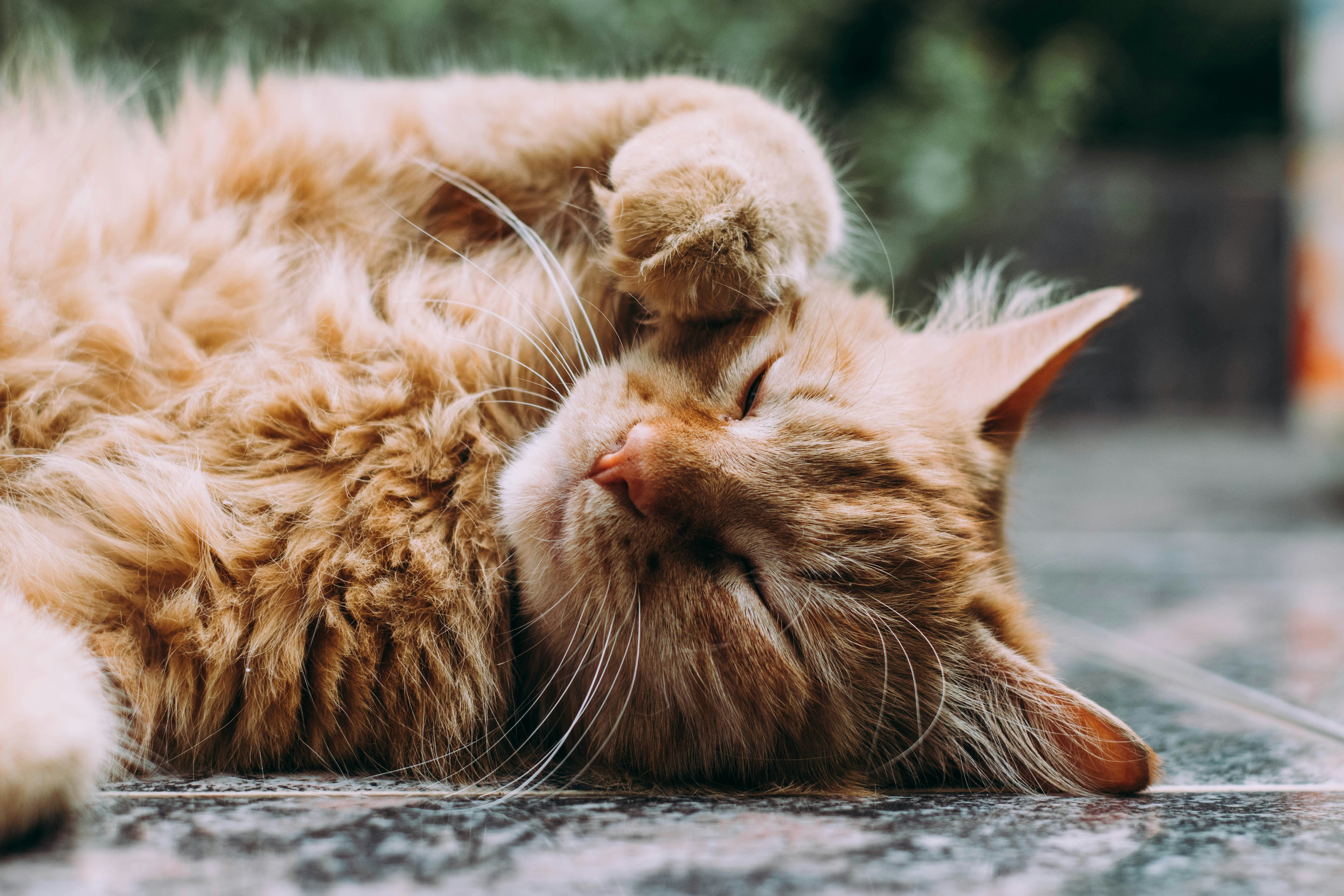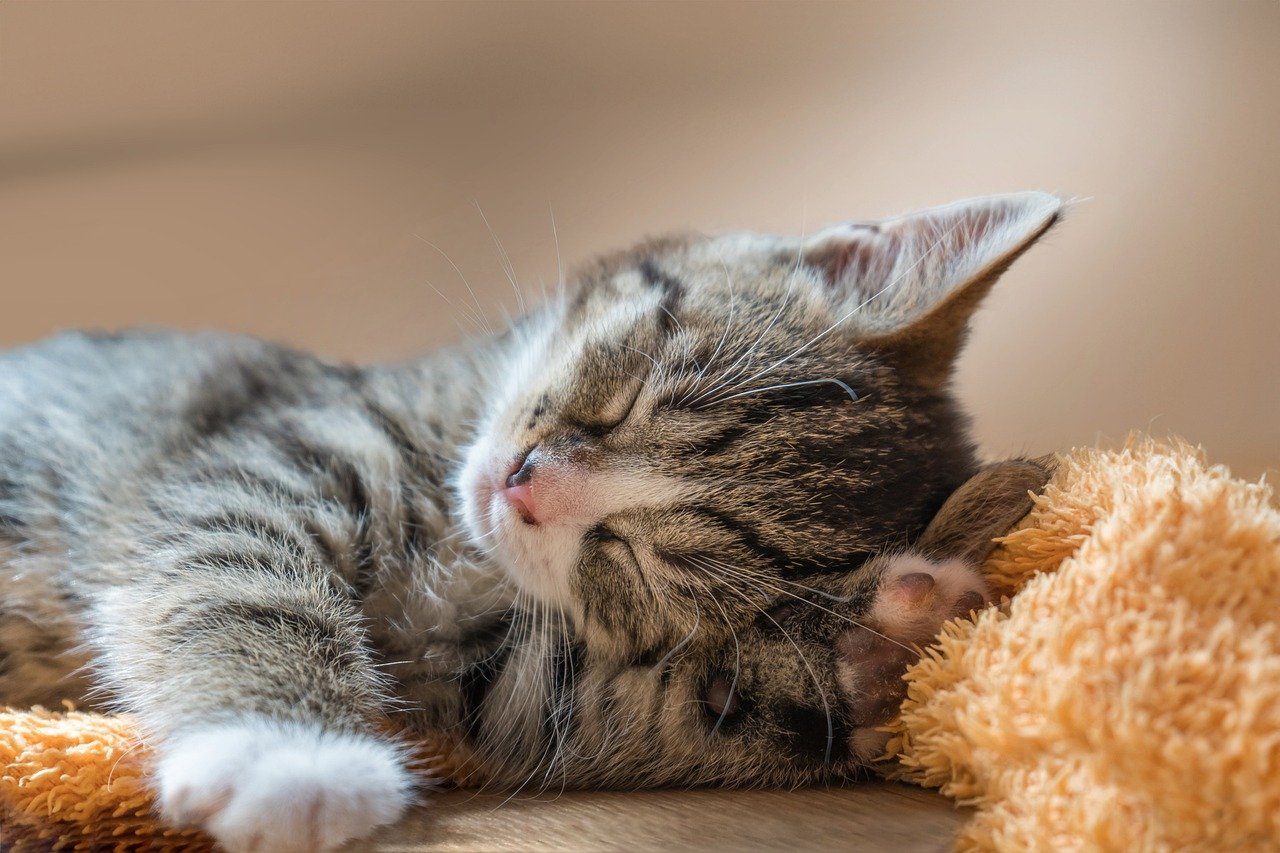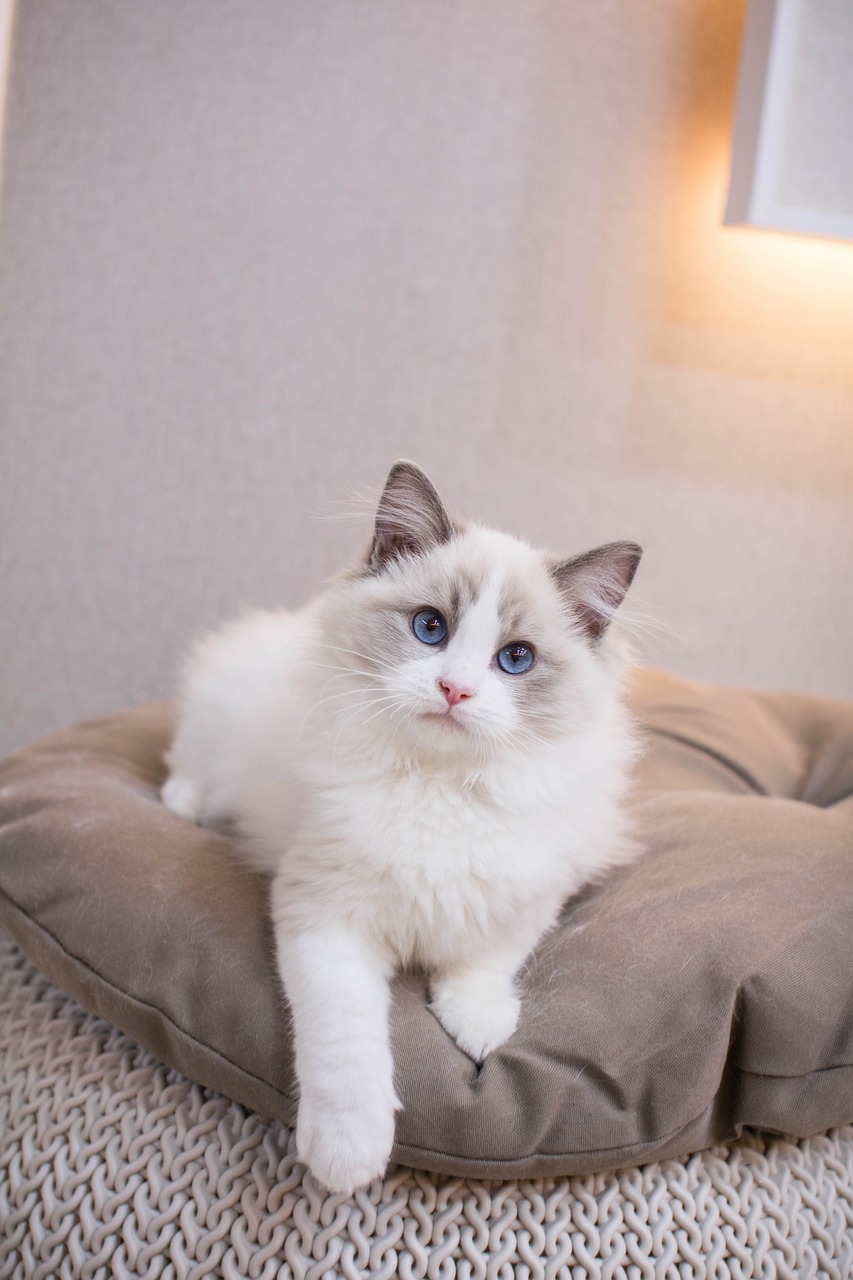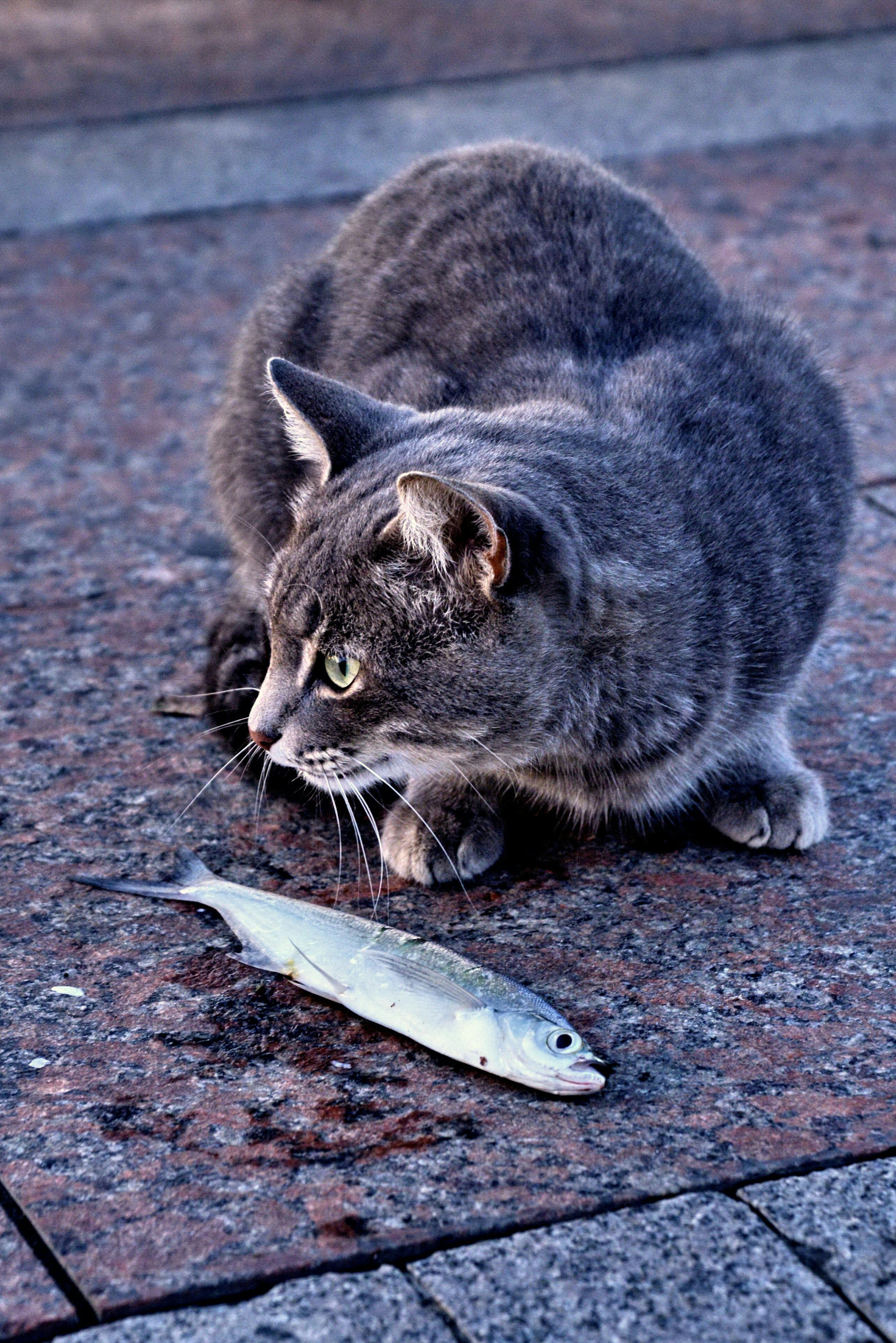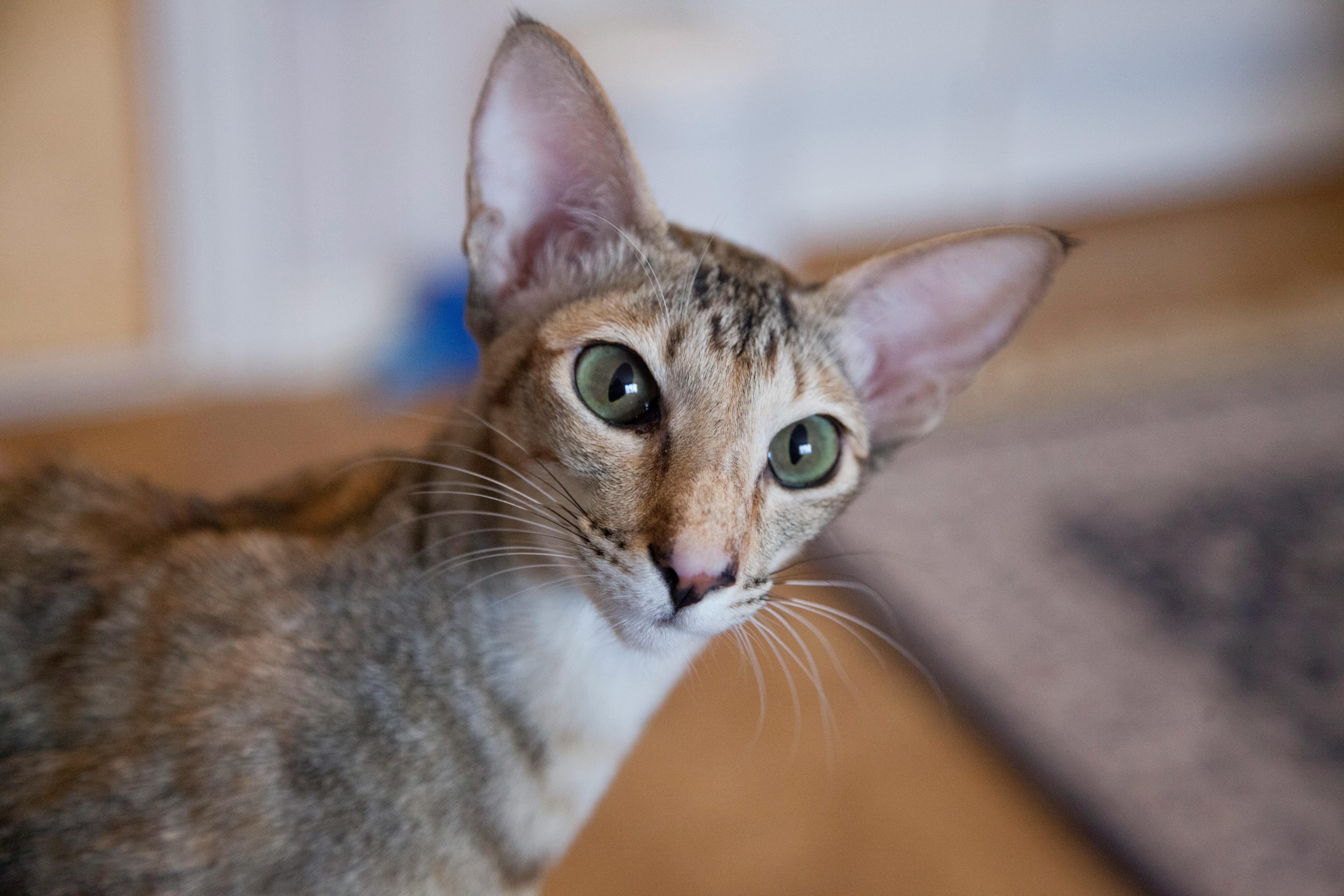Can Cats Eat Eggs?
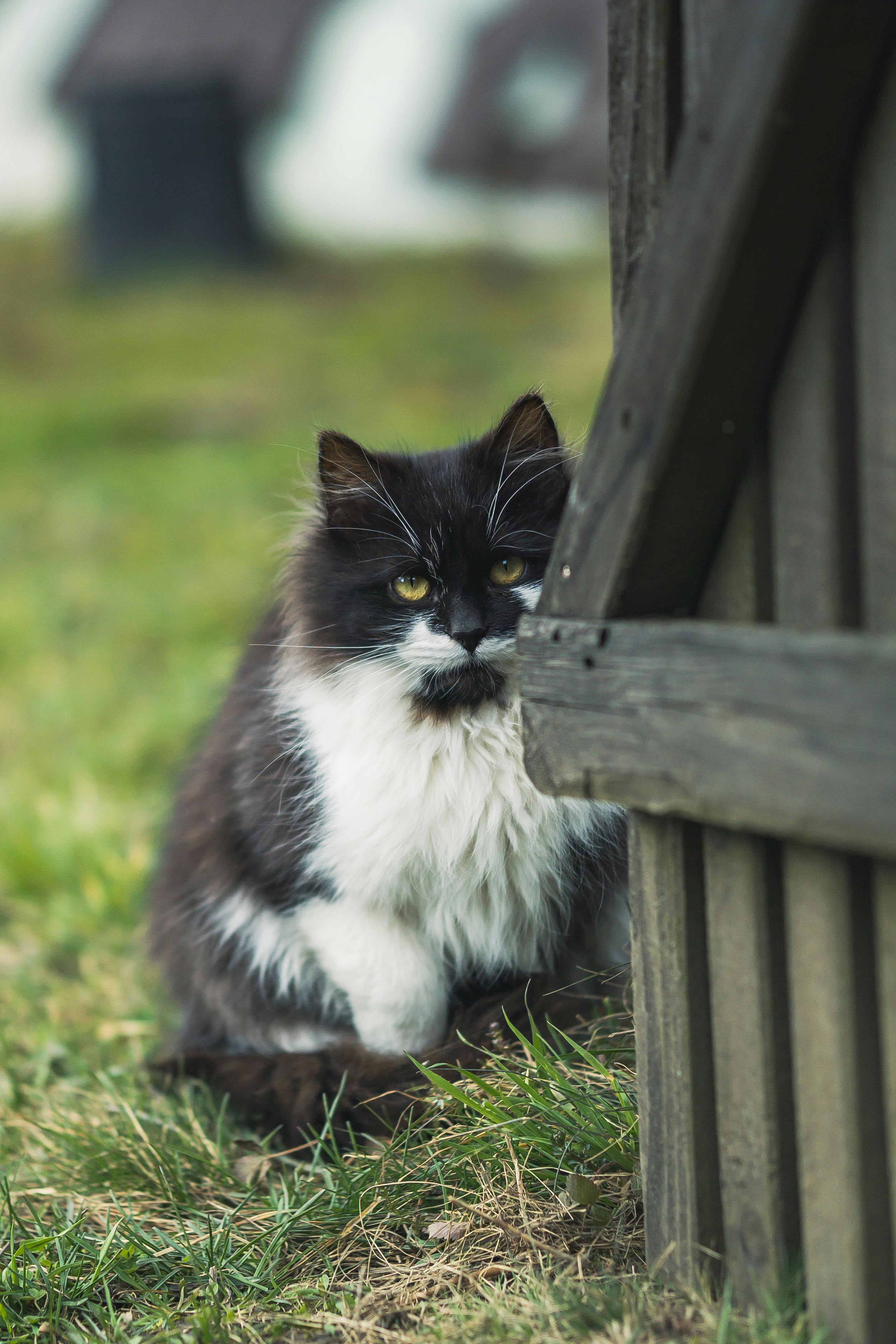
Eggs might not be the first food that comes to mind when you think about feline favorites. However, considering their nutritional value for humans, you might wonder if they suit our furry friends. Can cats eat eggs? Let's explore the advantages and potential hazards of including eggs in your cat's diet.
Are Eggs Good for Cats?
Eggs are rich sources of protein and fat and since cats are obligate carnivores, primarily relying on animal protein, they can be a valuable supplement to their diet. It's important to note that eggs are not recommended as your cat's sole source of protein. Instead, they can complement the protein content in the rest of their diet.
Egg whites provide protein without significant fat content, whereas egg yolks are predominantly fatty with some protein. Feeding your cat egg yolks will increase the fat content in their diet, so it's crucial to be mindful of this.
Eggshells contain calcium and other minerals but may not appeal to your feline friend. If you intend to supplement your cat's diet with minerals, it's advisable to do so under the guidance of a veterinarian.
Can Cats Eat Cooked Eggs?
Cats can safely eat cooked eggs, such as scrambled or boiled eggs, without added salt or seasonings. However, you risk introducing excessive fat into your cat's diet when you feed them eggs with yolks. Before incorporating eggs into your cat's diet, consulting your veterinarian is a wise choice.
Scrambled or boiled eggs with egg yolks have higher fat content, which increases calorie intake and the risk of obesity in your cat. Additionally, high-fat meals can lead to gastrointestinal (GI) discomfort and pancreatitis.
To mitigate these risks, consider feeding only egg whites, either boiled or scrambled, as they are low in fats and provide a better source of protein for your cat.
Are Raw Eggs Safe for Cats?
While you may prefer your eggs over easy, offering raw eggs or raw egg whites to cats carries certain risks.
According to the Centers for Disease Control, consuming raw eggs or raw egg whites increases the risk of contracting salmonella, a harmful bacteria. Salmonella can affect pet owners and their cats, causing GI symptoms like vomiting and diarrhea.
Salmonella infects approximately 1.35 million individuals in the United States each year, posing a risk of hospitalization and even death in humans. Feeding raw eggs increases the risk of exposing you, your family, and your pets to harmful bacteria. It is much safer to provide your cat with eggs cooked to an internal temperature of 160°F.
Can Kittens Eat Eggs?
Kittens can also consume small amounts of scrambled or boiled eggs, but this should not be their sole source of nutrition. Kittens require a complete and formulated diet to ensure they receive all the essential nutrients needed for growth. Consult your veterinarian before introducing eggs into your kitten's diet.
How Much Egg Can a Cat Eat?
Feeding approximately 1 tablespoon of egg whites in addition to your cat's regular diet can help supplement their protein intake.
It's important to remember that cats often require less food than we might assume, and they are skilled at converting excess calories into fat. Providing a well-balanced diet is crucial for their health. Before incorporating eggs into your cat's diet, seek guidance from your veterinarian.
Cats can be susceptible to diseases resulting from nutritional deficiencies, including cardiac issues. If you're considering a homemade diet for your cat, consult a veterinary nutritionist who can assist you in formulating a balanced and appropriate diet.
What's the Preferred Method for Offering Eggs to Your Cat?
When feeding eggs to your cat, ensure that egg whites are cooked (either boiled or scrambled) without adding salt or seasonings. Cook the eggs to an internal temperature of 160°F, allow them to cool, and then add a small amount to your cat's regular food.
Get insurance plans with wide-ranging coverage options








